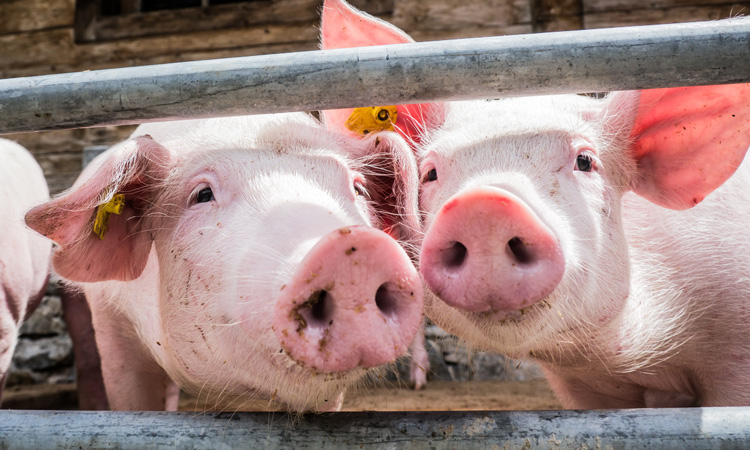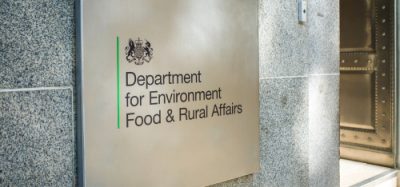Urgent action needed to halt spread of deadly pig disease
- Like
- Digg
- Del
- Tumblr
- VKontakte
- Buffer
- Love This
- Odnoklassniki
- Meneame
- Blogger
- Amazon
- Yahoo Mail
- Gmail
- AOL
- Newsvine
- HackerNews
- Evernote
- MySpace
- Mail.ru
- Viadeo
- Line
- Comments
- Yummly
- SMS
- Viber
- Telegram
- Subscribe
- Skype
- Facebook Messenger
- Kakao
- LiveJournal
- Yammer
- Edgar
- Fintel
- Mix
- Instapaper
- Copy Link
Posted: 21 July 2020 | Sam Mehmet (New Food) | No comments yet
The World Organisation for Animal Health and the Food and Agricultural Organization have come together to try and halt the global spread of African Swine fever – the deadly pig disease already impacting the pork industry in 51 countries.


The World Organisation for Animal Health (OIE) and Food and Agricultural Organization of the United Nations (FAO) have launched a joint initiative for the Global Control of African swine fever (ASF).
Pork is the most consumed meat in the world, representing 35.6 percent of global meat consumption, and in recent years, ASF – which may cause up to 100 percent mortality in pigs – has become a major crisis for the pork industry. Currently affecting several countries of Africa, Asia and the Pacific, and Europe, and with no effective vaccine, the disease is not only impeding animal health and welfare but has detrimental impacts on the livelihoods of farmers.
“Today, 51 countries are affected by African swine fever. Amid the difficult situation posed by COVID-19, ASF continues to spread, intensifying the current health and socioeconomic crises,” said Dr Matthew Stone, OIE Deputy Director General for International Standards and Science.
“In this globalised world, where diseases can spread rapidly across borders, timely sharing of latest scientific information, international collaboration and notification of ASF are needed to prevent transboundary spread and minimise impact,” said FAO Deputy Director-General, Maria Helena Semedo.
The OIE and FAO have called on countries and partners to join forces against this deadly pig disease by adopting the new Initiative for the Global Control of ASF.
The Initiative for the Global Control of ASF aims to:
- Improve the capability of countries to control (prevent, respond, eradicate) ASF using OIE International Standards and best practices that are based on the latest science
- Establish an effective coordination and cooperation framework for the global control of ASF
- Facilitate business continuity ensuring safe production and trade to protect food systems.
The Global Initiative builds on previous regional efforts and follows recommendations of ASF experts from around the world. It aims to strengthen national Veterinary Services ability to manage risks through the development and implementation of ASF national control programmes, with public and private sectors working in partnership.
Related topics
Food Security, Health & Nutrition, Outbreaks & product recalls, Regulation & Legislation, Research & development, Sustainability
Related organisations
Food and Agricultural Organization of the United Nations (FAO), World Organisation for Animal Health (OIE)









